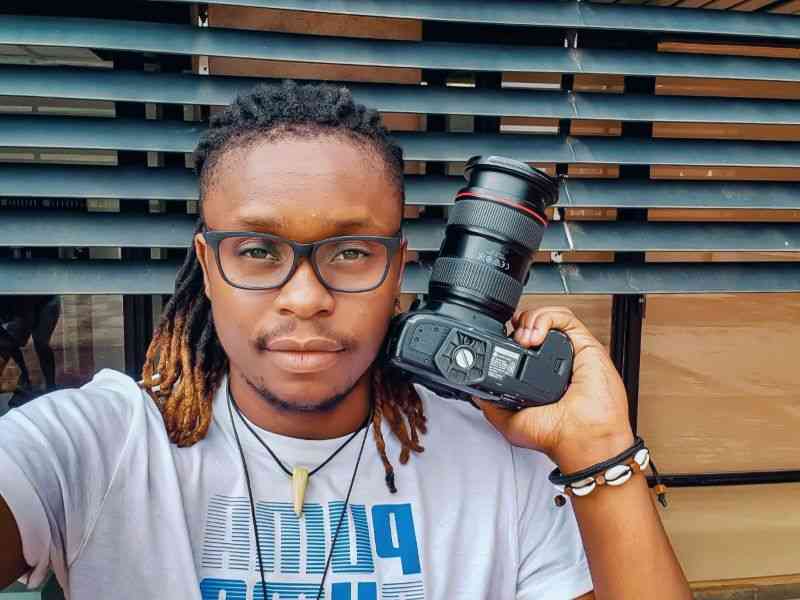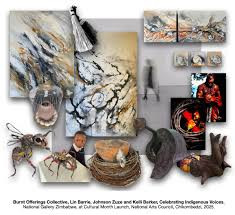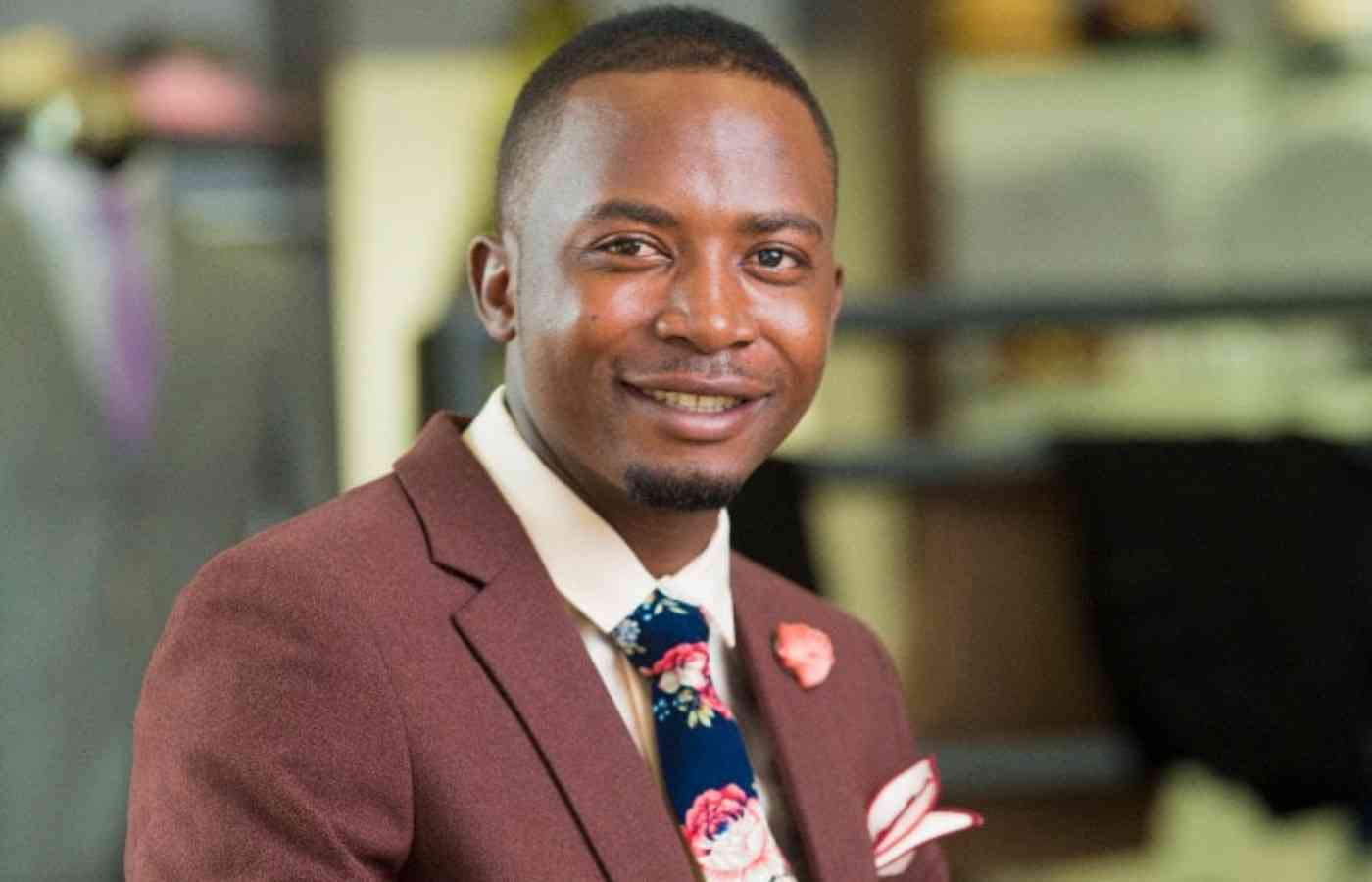
FIRST Floor Gallery (FFG) is the premier venue for visual art in Harare and its many visitors are familiar with an unobtrusive young dreadlocked photographer taking crowd shots at exhibition openings.
Some may have correctly assumed he is the official photographer, but most do not know that Rodney Tatenda Badza is also the manager of this joint.
First Floor Gallery is credited for launching international careers for many young artists who include Mavis Tauzeni, Helen Teede, Wycliffe Mundopa, Gresham Tapiwa Nyaude, Amanda Mushate and Troy Makaza, among others.
Away from the spotlight, Badza has been instrumental in the success of the artists at FFG.
Since joining the gallery as an intern in 2014, he has been with FFG for almost a decade.
On Behance (the online platform), the youthful artist Badza describes his vocations as designer, curator and photographer. On other platforms he describes himself as illustrator and printmaker.
His profile on LinkedIn reads as gallery manager at FFG and founder and creative director at Baobab Media.
Badza is a Bachelor of Sciences Honors in Fine Arts graduate from Chinhoyi University of Technology (CUT).
Being a CUT graduate, puts Badza in the illustrious company of fellow CUT alumni and established artists such as Georgina Maxim and Gareth Nyandoro.
Although his output may not be as prolific as the mentioned, his proficiency is not in doubt.
An example of his versatility as a practicing artist was his 2016 exhibition titled The Creators Palette, where the artworks listed in the show included drawings, photographs, prints, illustrations, paintings and various other media.
One of the busiest days for Badza is the official exhibition opening, when he has to step into the gallery earlier than usual at 8am and leaves late after the last visitor exits.
Badza is usually the first person to walk into the gallery the following day and without waiting for others to turn up, starts tidying up the place by picking up bottles and paper cups and chicken bones littering the place.
His work ethic contradicts that of a stereotype manager who calls the shots and waits for others to do his bidding.
His success at FFG can easily be measured by the positive relations the gallery has developed with clients and visitors.
The contribution he has made FFG become the premier destination for lovers of art in Harare.
If the results of his input can be judged as an artwork, one could say it is one of his masterpieces.
NewsDay Weekender caught up with Badza who opened up on various aspects of his life and career.
Creative family
I do have a creative family background. My two older brothers are artists, one of them actually runs a festival in Marondera that is called the Pfumvudza Arts Festival.
The spouse support
When I first met her, she was not really creative. After spending many nights staying up with me, watching me edit videos and photographs she took it upon herself to learn these things and now she is my assistant.
Personal endeavours
What I mainly do during my spare time is photography. I love taking pictures of architecture. I absolutely enjoy taking pictures of buildings.
Job experience
The whole thing has been quite exhilarating. One thing I really look forward to is studio visits. When I visit artist studios and get to interact with them within their spaces, that is one of the best experiences about my job. Usually, it means taking images, which is also something I love.
Managing artists
With creatives there are no set guidelines to follow. Unlike with other areas of management where there are protocols and guidelines that are specific.
Working with visual artists is different. Certain things become standard, but the experience of actually working with each artist is different at every turn.
Handling patrons at exhibitions
It is just groups of happy people, enthusiastic people, art lovers, who are trying to understand what the art is all about or celebrate an artist they already know.
The most difficult part of the job
Setting up exhibitions is one of the toughest things I have to do. I enjoy the challenge and usually operate on a “we don’t stop until we are done” policy. I love installation, working with spaces and hanging artworks. I put my all into it and the team I work with does the same. The artist would have done their amazing work.
It is left in my hands and my co-workers to display and exhibit the work properly and impress the people who come through.
Support from FFG directors (Valerie Kabov and Marcus Gora)
They have taught me everything I know, specifically with regards to contemporary art and gallery management. I give them credit for what makes me the person I am today.
Cherished career memory
Meeting the artists in the visual arts industry in Zimbabwe: Not only artists who I have worked with at First Floor Gallery, but every single visual artist I have met.
Interacting with them, being in their spaces and being in the same circles as those people is one of the things I cherish most about my career. It has taught me so much.
I have grown as a person, I have grown my craft, I have developed my talents, I have become a better person by being a part of this world.
Outlook on Zimbabwean contemporary art
The Zimbabwean visual art scene is doing quite well and Zimbabwean artists are doing well on the global scene.
I look forward to seeing more visual artists getting into bigger spaces and bigger programmes.
I look forward to getting more stuff happening here in Zimbabwe. I look forward to more growth and more art spaces.









